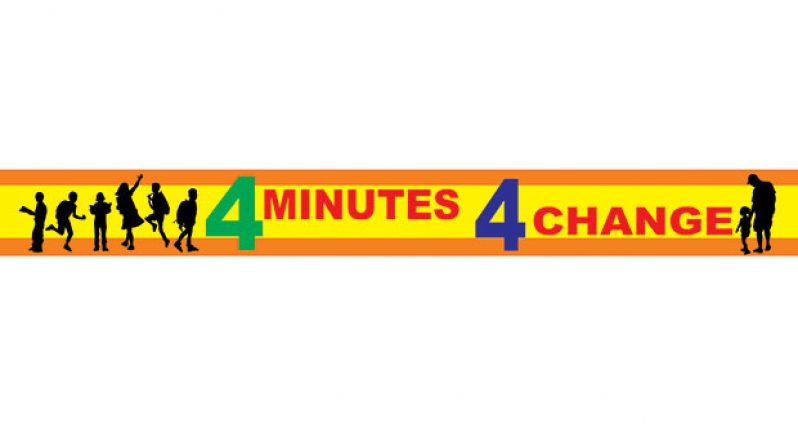IF YOU are the parent of an adolescent child (aged 14 to 18) no doubt you have already had that ‘all important’ talk; the one where you’ve explained to your child why it is best not to engage in sexual activity and for them to focus on their school work at this stage of their development. You need to talk to them because during adolescence young people’s hormones tend to run a little wild and without parental guidance they can get caught up in situations they are ill-equipped to deal with. E.g. the complexity of sexual relationships, contracting sexually transmitted diseases, and teenage pregnancies to name just a few. If you have young adults at home, which one of the following parental examples do you identify with? Parents’ number 1) These parents turn a blind eye to what their adolescent child is ‘getting up to’ when he/she goes out: They rather not know. The child might be sexually active or not: which might result in a pregnancy or might not: The Parents have a ‘come what may’ attitude, they are too busy to get fully involved in their child’s life.
Parents’ number 2) While they might have a notion that their offspring may be sexually active, they are in denial. They prefer not to think about it and are too embarrassed to enquire. Deep down they are hoping their child has enough sense to practice safe sex although they have never talked to him/her about delaying sexual activity until adulthood or contraception.
Parents’ number 3) These parents don’t mind that their child is sexually active because the child looks almost fully developed and seems capable of taking care of him/herself. The parents covertly encourage the child to be independent and to fend for him/herself.
Parents’ number 4) These parents know fully well that their child is not sexually active because they communicate with their child on a level where the child understands what is expected of him/her. As a family they have discussed sex and contraceptives and have concluded that sexual activity is for adults: while teenage years are for studying, developing and discovering which direction the child wishes to take in the future. Above all, these parents give their child a sense of security and direction.
If you identify with parents’ number 4 you are guiding your child towards a positive future. No parent can be with their adolescent child 24/7 therefore furnishing them with knowledge to make informed choices seems to be the best way to protect them from indulging in early sexual activity. Young people need parental guidance to give them a sense of purpose, an aim in life and to help them stay focussed. However if parents are to have an impact on their child this level of communication should start when the child is young and change to suit as the child grows. It is harder to build and maintain this type of relationship if the child is already an adolescent.
Explaining the disadvantages, the risks and complexities that surround early sexual activity and the importance of contraception, does not automatically mean your child will want to try it out. It does mean however, that your child is knowledgeable about some important facts that could help save his/her life and prevent other unnecessary traumas.
When children start to transition into adulthood it is simply Mother Nature doing her thing, just like she did for you: and if it were you, wouldn’t you want a caring adult to share relevant information with you: information for life?
If you are concerned about the welfare of a child ring the CPA hotline on 227 0979
A MESSAGE FROM THE CHILDCARE AND PROTECTION AGENCY, MINISTRY OF SOCIAL PROTECTION
4 minutes 4 change – Those teenage years
SHARE THIS ARTICLE :
Facebook
Twitter
WhatsApp




.png)









